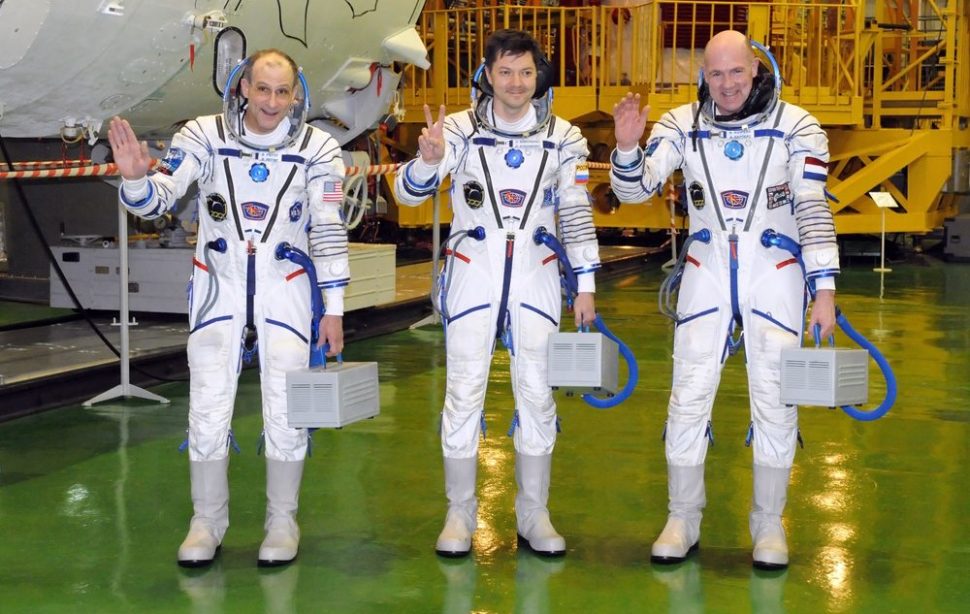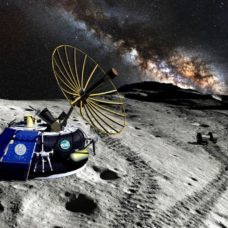NASA and ROSCOSMOS have announced their new partnership to give a boost to the Deep Space Gateway project and build a space station near the Moon.
With the expiration of the current contract is approaching, scheduled for 2018, NASA seems determined to end its dependency on Russian resources for sending its astronauts aboard the ISS.
But that doesn’t mean NASA and ROSCOSMOS can’t gather their efforts to materialize their shared vision for human space exploration.
NASA and ROSCOSMOS sign a joint statement on the exploration of deep space.Click To TweetCislunar Station as a Waypoint on Deep Space Route
On Sept. 27th, NASA and the Russian space agency, ROSCOSMOS, signed a joint statement to support development of the “Deep Space Gateway” project which aims to build an lunar orbital station to give new impetus to space exploration.
This is something that incoming NASA director, current U.S. House Representative Jim Brindenstine, surely supports.
The announcement of this new partnership took place in Adelaide, Australia, where the 68th International Astronautical Congress (IAC2017) was held from September 25th to the 29th, in a context marked by limited space projects funding and the looming end of the ISS.
“Both agencies, as well as other International Space Station partners,” said NASA in the statement, “see the gateway as a strategic component of human space exploration architecture that warrants additional study.”
Earlier this year, NASA announced that it was working on the “Deep Space Gateway” project to send astronauts into the lunar orbit using new spaceflight hardware: the SLS rocket (Space Launch System) and Orion spacecraft.
ROSCOSMOS and NASA will use resources enabled by the ISS, as well as lessons drawn from its assembly and operation, as the basis for the materialization of the Deep Space Gateway.
Post-ISS International Space Collaboration
Now still in its concept phase, the DSG project will lead to the building of a new lunar infrastructure that allows NASA to test its gear and develop new technologies for deep space missions, including the mission to Mars.
In the near future, this space outpost could support robotic and manned lunar missions. It will serve the low lunar orbit but primarily it will serve as a launching point for deeper-space missions.
For its part, Russia is also aiming to launch lunar crewed missions by 2031, a project that will culminate in the creation of a space colony on the Moon’s surface by 2045.
To summarize, this partnership is for the common benefit of the two agencies. They will team up to get the DSG project off the ground, carrying on the collaborative spirit exemplified by the ISS.
Funding for the ISS will run out by 2024, and the station that has brought scientists and engineers from many countries closer together for nearly 20 years, will be demolished.
However, the new partnership between ROSCOSMOS and NASA is far from a final deal to build the gateway.
“What we really said in our discussion is, as we move out from ISS, we want to take advantage of that with all our partners, and whatever we do, we do it in a global way,” said Robert Lightfoot, NASA Acting Administrator. “There’s no commitment of resources or commitment to a program. It’s all conceptual at this point.”



















Comments (0)
Most Recent